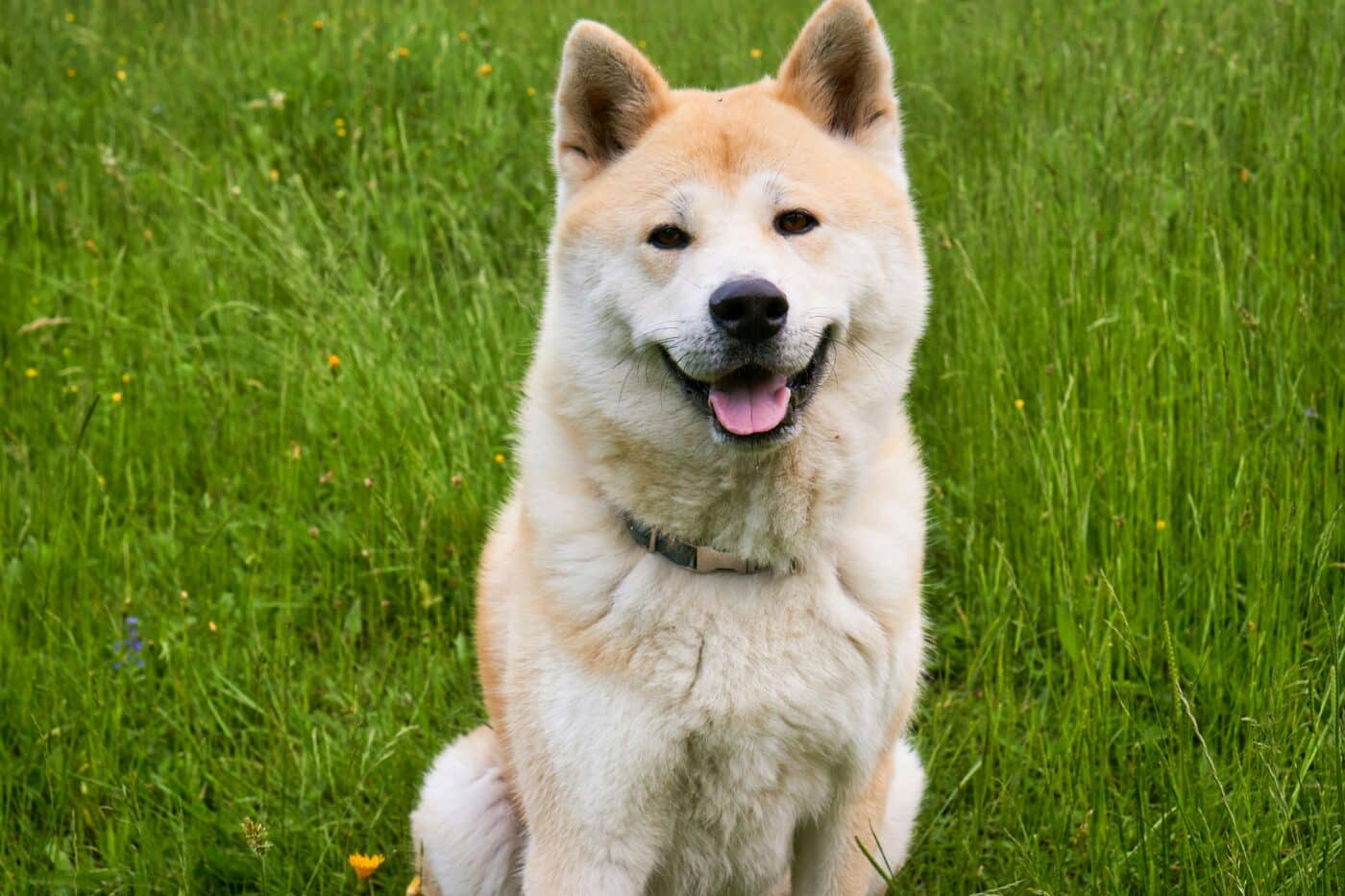 Shutterstock
Shutterstock
Dogs are known for their intuition, often sensing things that humans can’t. With their heightened senses of smell, hearing, and sight, many wonder if dogs can perceive ghosts. Unexplained barking or unusual behavior in supposedly haunted places fuels this curiosity. While science hasn’t definitively proven whether dogs can see ghosts, there are several intriguing theories that explore their seemingly supernatural awareness. From reacting to subtle environmental changes to instinctual behaviors, these explanations offer insights into what dogs might be experiencing when they act as though something unseen is present.
Heightened Sensory Perception
 Shutterstock
Shutterstock
Dogs have a much sharper sense of sight, hearing, and smell than humans, allowing them to detect things beyond our capabilities. Some scientists suggest that dogs’ ability to pick up on sounds and smells we can’t perceive could be one reason for their strange behavior in supposedly haunted areas. While they may not see a ghost in the traditional sense, they could be reacting to subtle environmental changes, like distant noises or vibrations, which humans overlook. This heightened sensory perception is often mistaken for dogs sensing the paranormal.
Reaction to Energy Changes
 Shutterstock
Shutterstock
Another theory is that dogs are sensitive to changes in energy fields, which could explain why they appear to react to unseen presences. In paranormal studies, it’s believed that spirits or ghosts can manipulate energy, creating subtle environmental shifts. Dogs, being sensitive to these changes, may detect fluctuations in the atmosphere that go unnoticed by humans. This could cause them to bark, growl, or act nervously in certain spaces, leading people to believe that they are sensing something otherworldly.
The Sixth Sense Theory
 Shutterstock
Shutterstock
The idea that dogs have a “sixth sense” is not new. Many pet owners have reported their dogs acting strangely before major events, such as natural disasters or even family emergencies. This has led to the theory that dogs might possess an extrasensory ability that allows them to sense things beyond the physical world, including ghosts. While this theory lacks scientific proof, the belief that dogs have a heightened awareness of their surroundings is a popular explanation for their seemingly supernatural behavior.
Residual Memory of Scents
 Shutterstock
Shutterstock
Dogs rely heavily on their sense of smell, which is far superior to that of humans. One scientific theory suggests that dogs may be reacting to lingering scents from the past rather than actual ghosts. If a dog picks up on a scent left behind by a person or animal long gone, they might react as if that individual is still present. This could explain why dogs sometimes appear to stare or bark at empty spaces. While they aren’t necessarily seeing ghosts, they may detect scents that evoke a strong reaction.
Vibrational Sensitivity
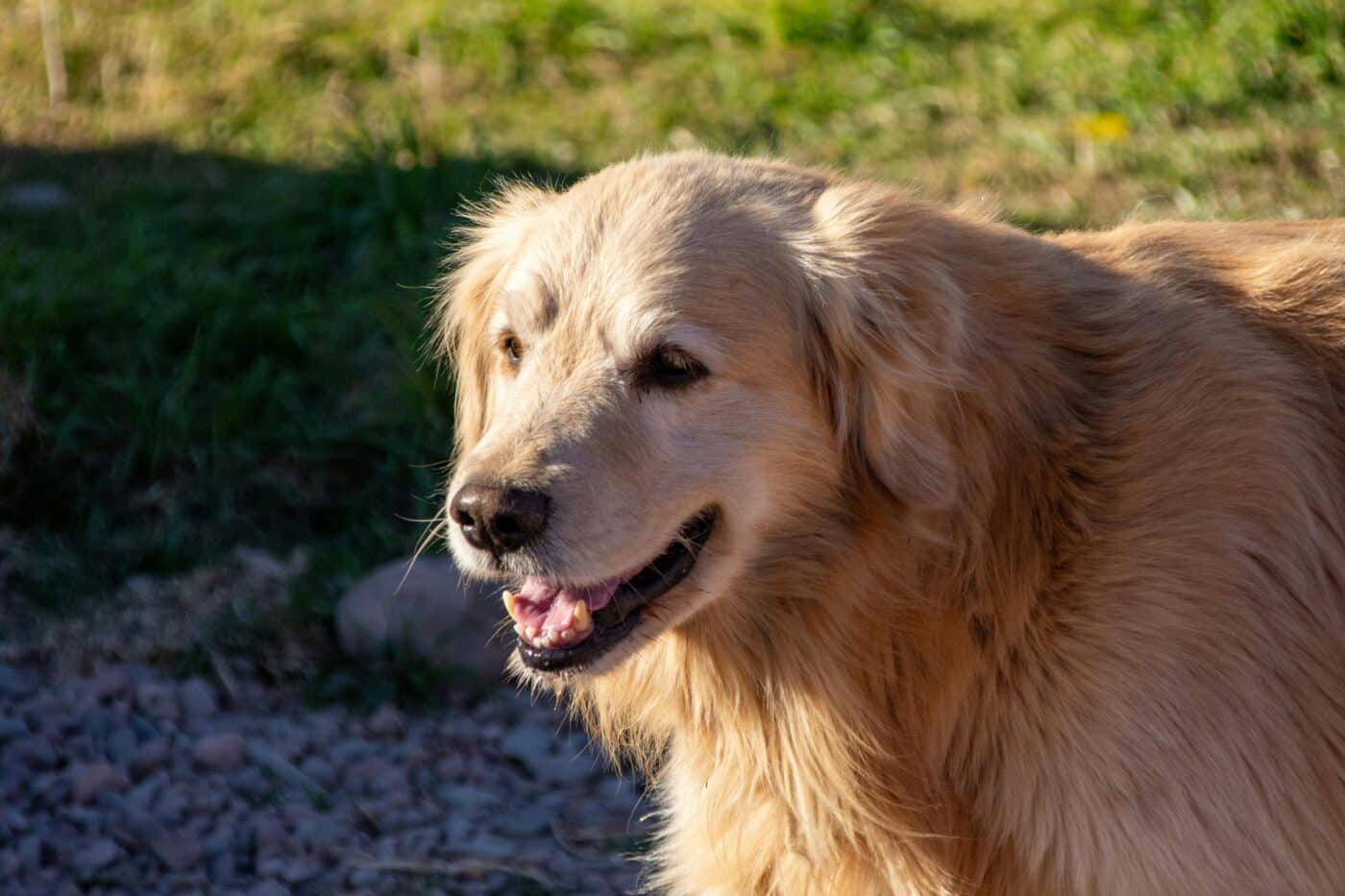 Shutterstock
Shutterstock
Dogs are known to be sensitive to vibrations, both in the ground and in the air. Paranormal investigators have long suggested that ghostly activity can create subtle vibrations or shifts in the physical environment. A dog’s heightened sensitivity to vibrations could lead them to react to what appears to be “nothing” when, in fact, they are picking up on energy shifts. This could be why dogs are often perceived to be aware of paranormal activity, even if what they’re sensing is something more scientifically explainable.
Canine Behavior in Haunted Locations
 Shutterstock
Shutterstock
There have been numerous reports of dogs behaving strangely in supposedly haunted locations, such as historic homes, battlefields, or old buildings. In many cases, dogs will refuse to enter certain rooms, bark at empty spaces, or display signs of anxiety. Some researchers suggest that these behaviors may be linked to a dog’s ability to sense changes in electromagnetic fields or environmental energy, which are often associated with ghostly presences. Whether or not this proves dogs can see ghosts, their behavior in these places has led many to believe they are sensing something beyond the ordinary.
Dogs and Emotional Sensitivity
 Shutterstock
Shutterstock
Dogs are incredibly attuned to human emotions and can often detect subtle shifts in their owners’ moods or feelings. This emotional sensitivity may extend beyond just people and could be another reason dogs seem to sense ghosts. If a location has a history of strong emotional energy, such as grief or trauma, a dog may pick up on the lingering emotional residue. This could cause them to react as if there is a presence in the room, leading people to believe they are interacting with spirits.
Instinctual Responses
 Shutterstock
Shutterstock
Some scientists believe that a dog’s reaction to “ghosts” could simply be an instinctual response. Dogs are pack animals with strong protective instincts, and if they sense anything unusual or threatening in their environment, their first reaction may be to bark or growl. In this case, what may seem like a response to a ghost could be the dog’s natural instinct to guard their territory or protect their owners. These instinctual behaviors may explain why dogs often bark at seemingly nothing, particularly in unfamiliar or unsettling environments.
Neurological Explanations
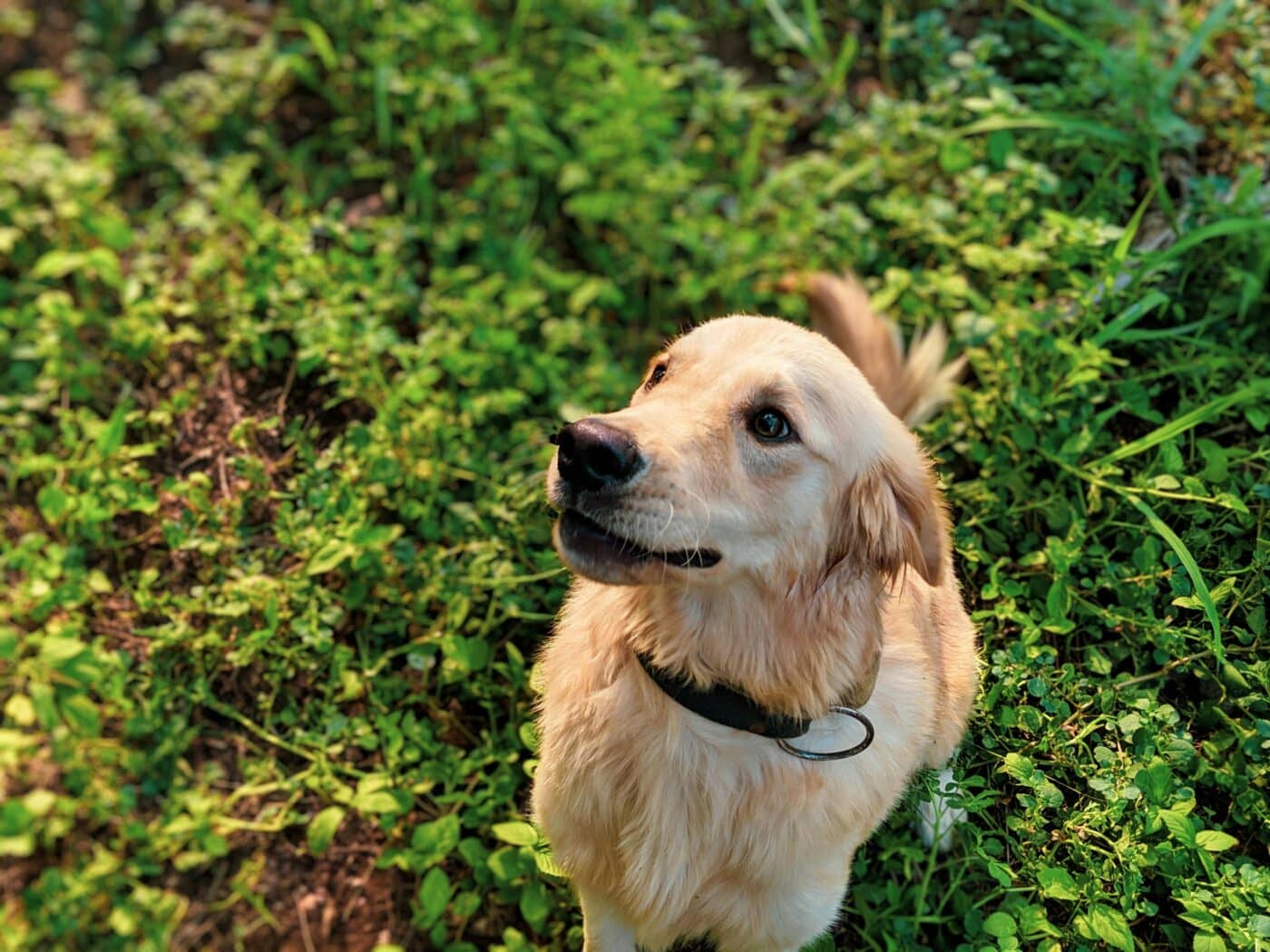 Shutterstock
Shutterstock
Another scientific theory suggests that dogs’ unusual behavior in the presence of what people perceive as ghosts could be due to neurological factors. Dogs have complex brains, and sometimes, their reactions may result from a neurological quirk, such as seizures, vision issues, or hyperactivity. These neurological explanations could cause dogs to see or react to things that aren’t there, leading owners to believe that their pets are sensing ghosts. While this theory focuses on the physical aspect of dog behavior, it provides a non-supernatural explanation for their odd reactions.
Awareness of Frequencies Beyond Human Range
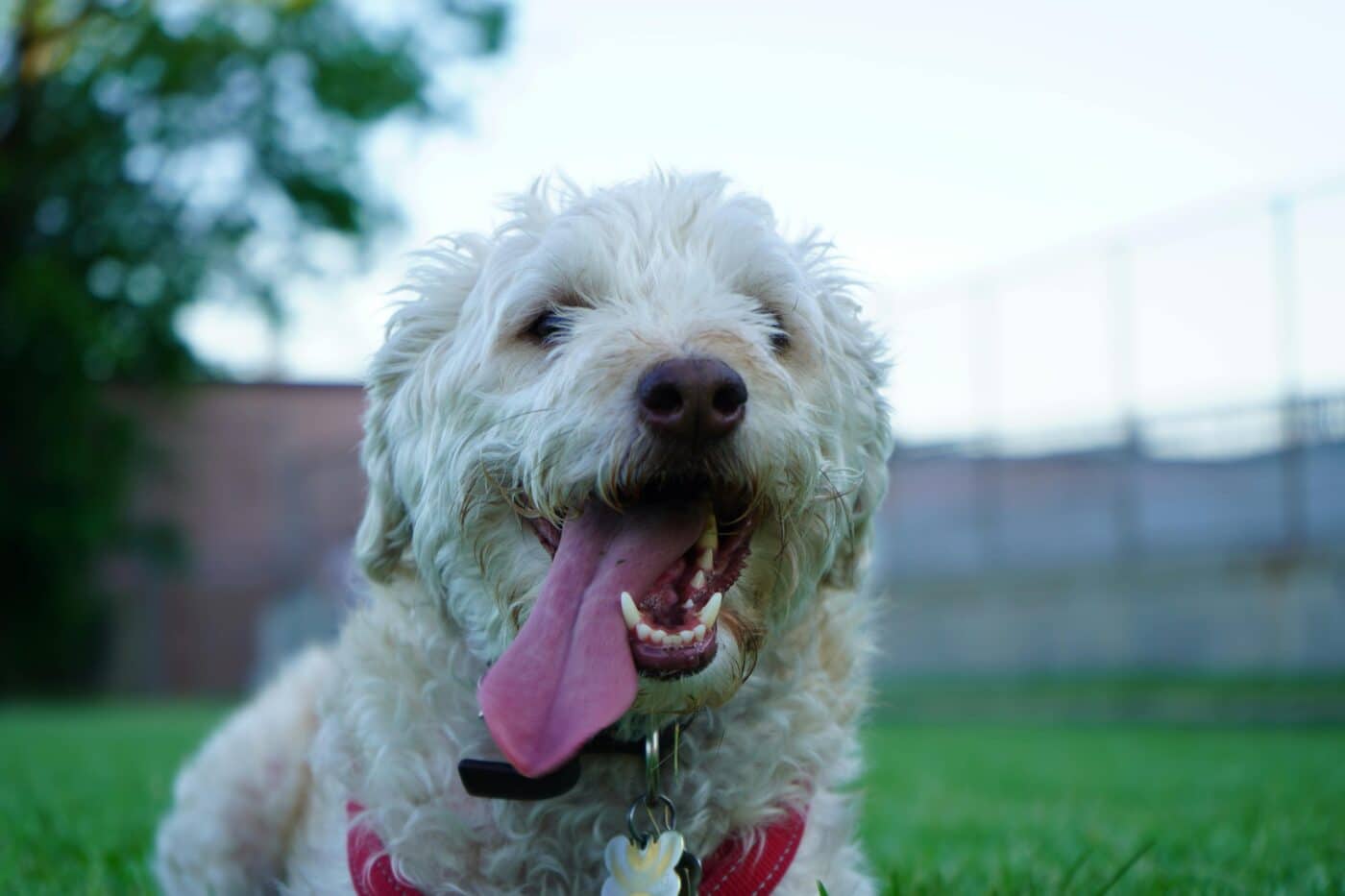 Shutterstock
Shutterstock
Dogs can hear frequencies that are far beyond the range of human hearing. Paranormal investigators sometimes use this as evidence that dogs can pick up on ghostly activity. It’s possible that what dogs are reacting to is not a ghost but rather a sound or frequency that humans cannot detect. These high-frequency noises could come from electronic devices, distant animals, or environmental factors, leading to reactions like barking or staring at seemingly empty spaces. This theory suggests that dogs’ ability to hear beyond our range could be mistaken for sensing the paranormal.
Evolutionary Fear Response
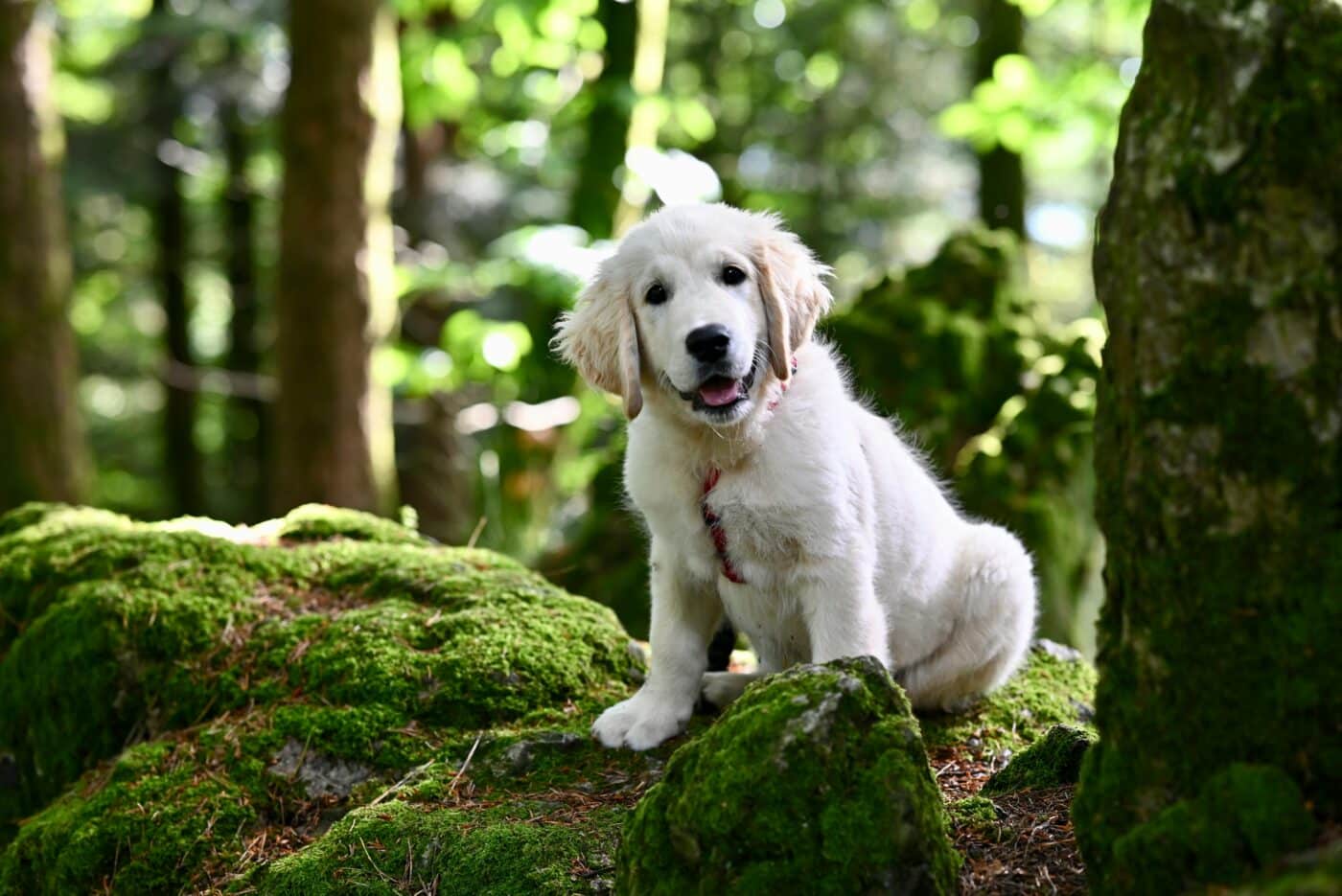 Shutterstock
Shutterstock
Dogs have evolved to be cautious of anything unusual or unfamiliar in their environment. Their ancestors relied on these heightened fear responses for survival in the wild, where any unknown presence could pose a threat. This evolutionary response could explain why dogs sometimes react fearfully in unfamiliar or eerie places. While we may interpret their behavior as sensing a ghost, it may actually be an instinctual response to something out of the ordinary that we simply can’t perceive.
Social Learning and Conditioning
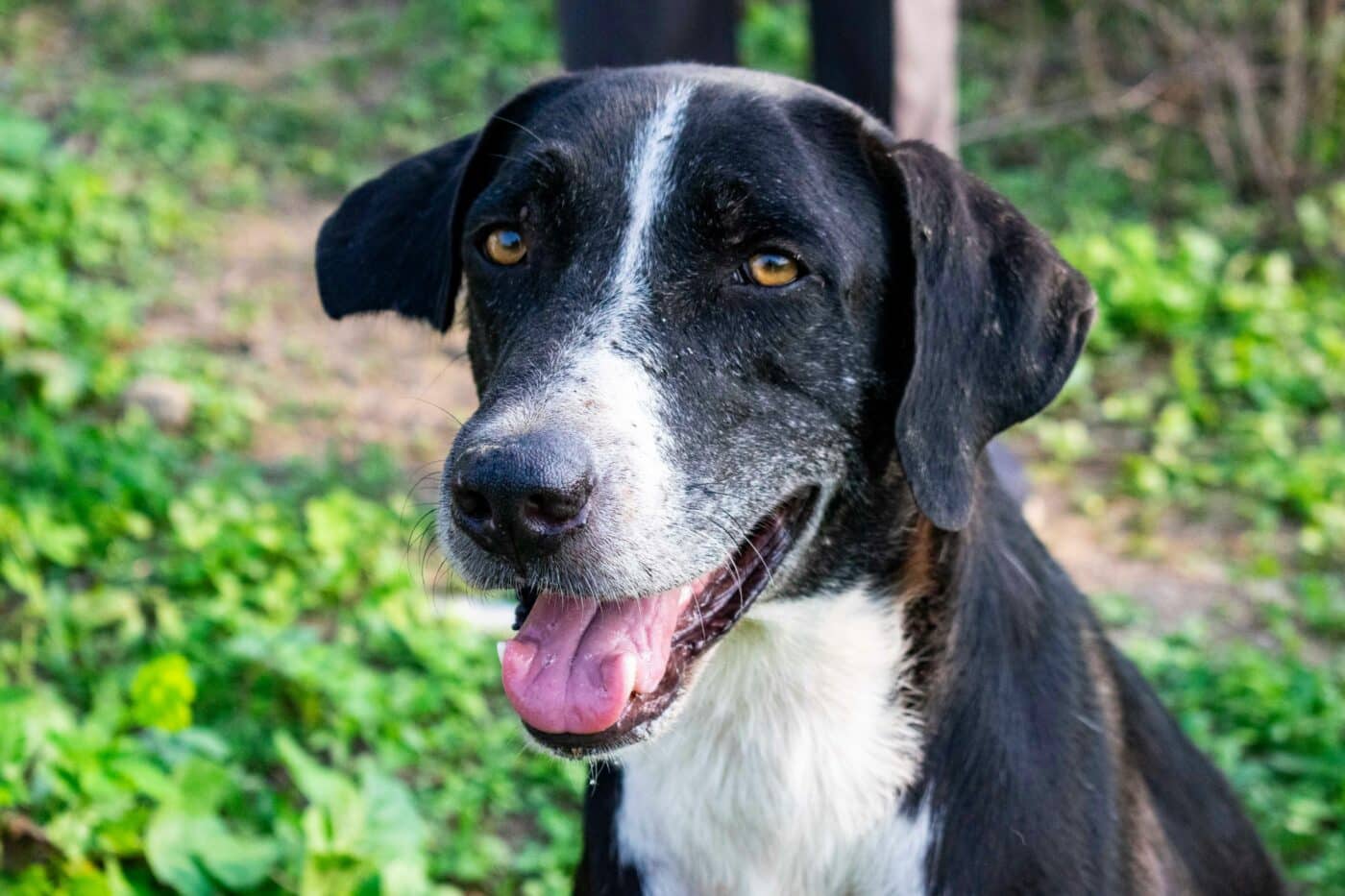 Shutterstock
Shutterstock
Dogs are highly social animals and often learn behaviors by observing their owners or other animals. If a dog sees their owner react nervously in a certain environment, it may mimic that response, making it appear that they are reacting to something paranormal. This social learning theory suggests that a dog’s behavior in potentially haunted locations may be influenced by the reactions of the people around them rather than an actual ghostly presence. In this case, the dog’s behavior is learned rather than instinctual.
The Power of Suggestion
 Shutterstock
Shutterstock
Lastly, the power of suggestion may explain why we believe dogs can see ghosts. If a dog barks at an empty room in a supposedly haunted house, people may be more inclined to believe they see a ghost simply because of the setting. In reality, the dog could be reacting to something much more mundane, like a sound or smell we can’t perceive. However, the context of the location and the expectation of paranormal activity can influence how we interpret the dog’s behavior, leading us to believe they are sensing something supernatural.
Exploring the Possibility of Dogs Seeing Ghosts
 Shutterstock
Shutterstock
While there is no definitive scientific proof that dogs can see ghosts, their heightened senses, emotional sensitivity, and unusual behaviour in certain settings, have fueled speculation for centuries. From picking up on subtle environmental changes to reacting instinctively to perceived threats, dogs exhibit various behaviors that make people wonder if they are sensing something beyond the physical world. Whether their reactions are driven by natural instincts, neurological factors, or something more supernatural, the mystery of whether dogs can see ghosts intrigues scientists and pet owners alike.
 Toledo, United States.
Toledo, United States.